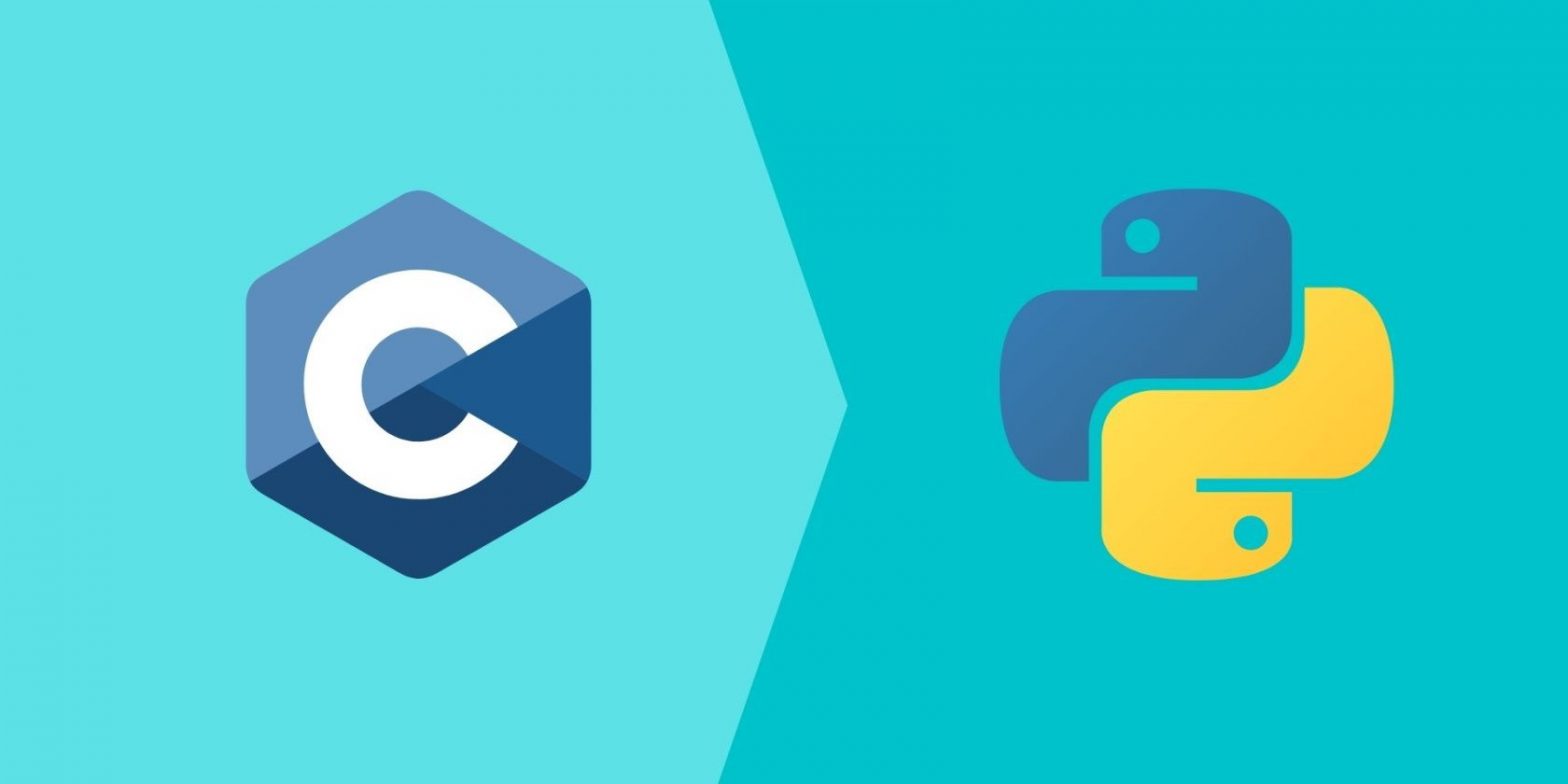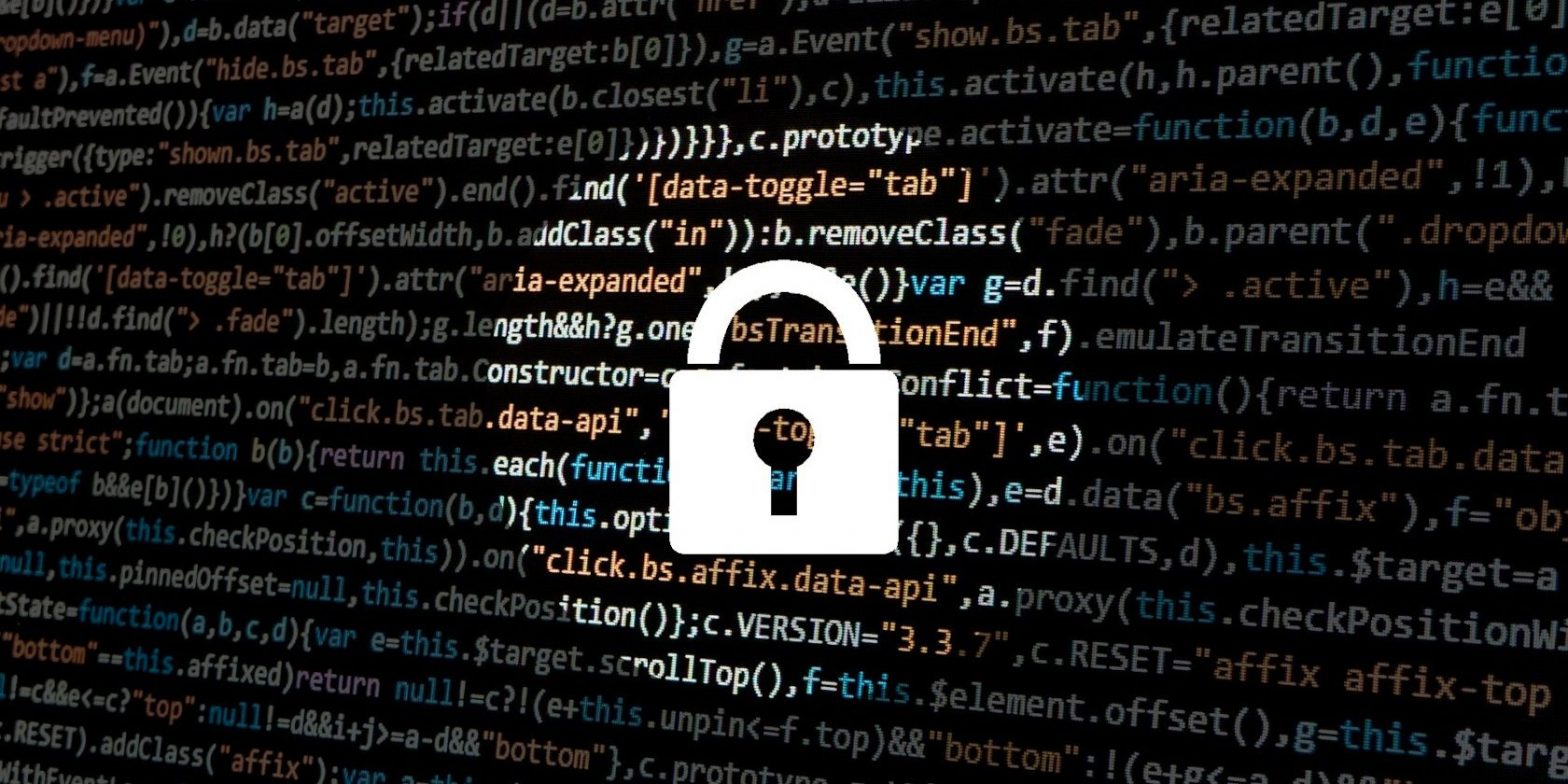10 Python IDEs Every Programmer Should Know

Python powers some of the most sophisticated server-side programs and daily web applications available today. Python, as a language, is used extensively with its numerous libraries. These libraries support developers in scientific and mathematical research, AI/ML (Artificial Intelligence and Machine Learning, respectively) programming, robotics, and much more.
If you’re a frequent Python user, you might have realized the importance of IDEs and their usage while coding. IDEs are code editors with extra built-in tools that pave the way for efficient and effective development.
If you’ve grown tired of using the default Python text editor, you should check out these Python editors every developer should know.
1. PyDev
The PyDev IDE is available to programmers as a plugin extension within the Eclipse IDE suite. Besides the usual plain Python programs, you can also work on CPython, IronPython, and Jython.
PyDev comes with extensive documentation for bootstrapping Python programming for beginners. Its graphical debugging and PyLint-integrated code analysis capabilities are a huge leg-up for testing long-winded code blocks for errors.
PyDev’s nifty code completion and type hinting features accelerate Python coding and help novices recall syntax on the fly. As an IDE, PyDev boasts a remote debugging quality that permits you to debug beyond Eclipse’s IDE.
Download: PyDev
2. PyCharm
PyCharm is the brainchild of software giant JetBrains, the revered IntelliJ IDE creator. This IDE provides an aesthetic and color-coded environment for quickly finding mistakes and spotting programming entities.
The code editor ensures your projects have the right environment configuration, and it’s packed with tools to assist in code analysis, debugging, and testing.
PyCharm encompasses a list of powerful integration tools, such as Anaconda, PyLint, WakaTime, and Kite, to best leverage Python’s data science capabilities.
The cross-platform IDE supports Python 2.x and 3.x syntax with intelligent suggestions that help you speed up your coding sessions while minimizing errors.
PyCharm’s PyTest integration makes it easy to couple side-by-side testing with code development.
Download: PyCharm
3. Sublime Text
Sublime Text is a feature-packed IDE with highly intuitive context-aware auto-completion, error-finding, and syntax definition abilities.
Sublime is famous for its low memory usage. Its updated Python API offers backward compatibility for older Python packages. It renders large-sized project management with split windows, sidebars, and multi-tab selection capabilities.
Sublime Text has always delivered a lightweight but powerful, feature-packed IDE solution to programmers. It offers many riveting features that will genuinely make you want to switch over from some other alternatives in the market.
For instance, the new GPU rendering feature makes long-winded code-blocks visually appealing (up to 8K resolution).
Sublime Text provides native support for Python coding on Apple Silicon, Raspberry Pi, and Linux ARM64 platform builds.
Download: Sublime Text
4. Visual Studio Code
Visual Studio Code is a de facto Python coding app for Windows-only development. Its integration with Django and Flask frameworks boosted its popularity amongst programmers in recent times.
Visual Studio offers users access to a variety of Python-oriented libraries with the option to add more externally. Users can manage project dependencies easily by using pip and PyPI.
VS Code has multiple Python interpreters based on your project-specific needs. Programmers can use the Windows Subsystem for Linux environment emulation with the Python extension.
Visual Studio impresses newcomers with a performance enriched Python development environment, tooltip suggestions, auto-completion, and code snippets.
Download: Visual Studio Code
5. Vim
Vim started off as an open-source editor for Unix. However, the IDE now enjoys its fame as a stable Python editor. The code editor simultaneously enables CUI and GUI-based programming.
Its Python environment offers efficient refactoring, syntax auto-completion, and debugging facilities. Vim uses buffers and splits to expedite multi-tab programming while condensing lengthy code blocks with code-folding.
You can organize and manage Vim’s extensibility, adapting it to various Python projects.
The code editor comes equipped with extensive Python programming documentation, which is an integral part of Python programming projects. As a text editor, it’s suitable for the majority of Unix and Linux systems.
Download: Vim
6. GNU/Emacs
Emacs is a GNU-licensed IDE with a dedicated Python mode for Python programming support. Emacs highlights variables, constants, and syntax in contrasting colors, to allow end-users to distinguish them in congested code-blocks. Its auto-indentation facility neatly organizes your statements, making the code structured and well-defined.
This IDE has an extensive shell support system to facilitate interaction, completion, virtualenv, and packages. It also has dedicated Python packages such as Spacemacs, Doom, and Elpy.
The Language Server Protocol packages provided with Emacs include the Jedi language server, the Microsoft Pyright language server, and Palantir’ Python language server.
Download: GNU/Emacs
7. Atom IDE
Atom is an open-source text editor with a dedicated Python compiler. It offers a Python language support extension with the language server. Atom is community-maintained; its packages extend Python’s capabilities, and they’re created and maintained by the dev community.
Atom IDE includes packages like Jedi and Rope to assist with completions, definitions, references, symbols, and renaming. Additionally, it comes equipped with YAPF for code formatting, McCabe Linter for complexity checks, Pyflakes and PyLint for error detection, and Pydocstyle for docstring style checking.
Atom’s GitHub integration, interoperability, and built-in package management features are every Python coder’s favorite.
Download: Atom
8. Python IDLE
Python-IDLE is a bare-bones code development suite bundled with every Python installation. It offers cross-platform development support.
IDLE packs a highly efficient shell or an interactive interpreter, along with code highlighting features, auto-indentation, code completion, and much more.
IDLE was developed using the Python Tkinter GUI toolkit. Its debugger deserves a special mention for its persistent breakpoints, global and local namespace viewing, and stepping functions.
The debugger allows you to line-jump to the errors for quick debugging. Using its built-in stack viewer, you can trace the error back to the last stack of occurrence.
Download: Python IDLE
9. Spyder
If you want an IDE for scientific Python coding, Spyder is the best choice at hand. It’s an open-source, cross-platform IDE explicitly created for scientists, data engineers, and analysts.
It boasts a rich editor that permits interoperability with other languages, an IPython console for GUI programming, and a highly advanced variable explorer.
Users can expect numerous plugins to extend their functionality—such as Notebook, Terminal, and Unittest. It simplifies debugging advanced Python code-blocks for beginners.
Download: Spyder
10. Thonny
Thonny is a well-scripted Python IDE tailor-made for beginners. The highly customizable IDE meshes well with various Python versions.
The GUI-based IDE comes with a few default packages, and the option to add packages as required. It offers helpful shell commands for hassle-free variable insertion. It packs a fluid debugger that makes testing simple for novices with keyboard shortcuts.
Thonny boosts your Python learning with expression evaluation. You can grasp fundamental concepts like function calling and APIs, while working with Thonny’s interface.
Download: Thonny
Top Code Editors for Python Users
Code editors are an integral part of Python coding and programmers are always on the lookout for reliable IDE interfaces to work on their codes.
However, most times, if you don’t want to spend time downloading and configuring IDE applications on your system, you can check out some browser IDE versions. These offer their own unparalleled functionalities, just like their desktop counterparts.



